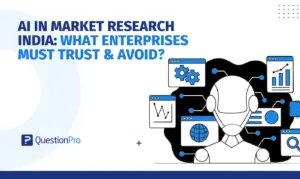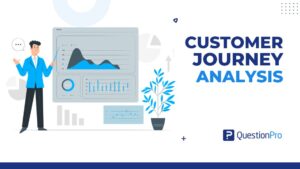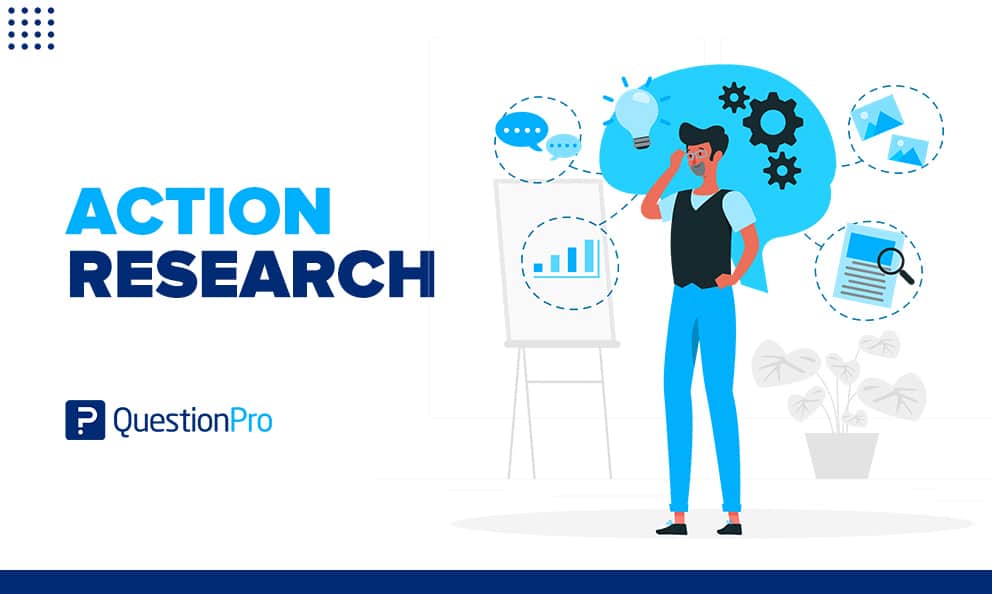
The best way to get things accomplished is to do it yourself. This statement is utilized in corporations, community projects, and national governments. These organizations are relying on action research to cope with their continuously changing and unstable environments as they function in a more interdependent world.
By engaging in cycles of planning, observation, action, and reflection, action research enables participants to identify challenges, implement solutions, and evaluate outcomes. This approach generates practical knowledge and empowers individuals and organizations to effect meaningful change in their contexts.
In practical educational contexts, this involves using systematic inquiry and reflective practice to address real-world challenges, improve teaching and learning, enhance student engagement, and drive positive changes within the educational system.
What is Action Research?
Action research is a strategy that tries to find realistic solutions to organizations’ difficulties and issues. It is similar to applied research.
Action research refers basically learning by doing. First, a problem is identified, then some actions are taken to address it, then how well the efforts worked are measured, and if the results are not satisfactory, the steps are applied again.
It can be put into three different groups:
- Positivist: This type of research is also called “classical action research.” It considers research a social experiment. This research is used to test theories in the actual world.
- Interpretive: This kind of research is called “contemporary action research.” It thinks that business reality is socially made, and when doing this research, it focuses on the details of local and organizational factors.
- Critical: This action research cycle takes a critical reflection approach to corporate systems and tries to enhance them.
Important Types of Action Research
Here are the main types of action research:
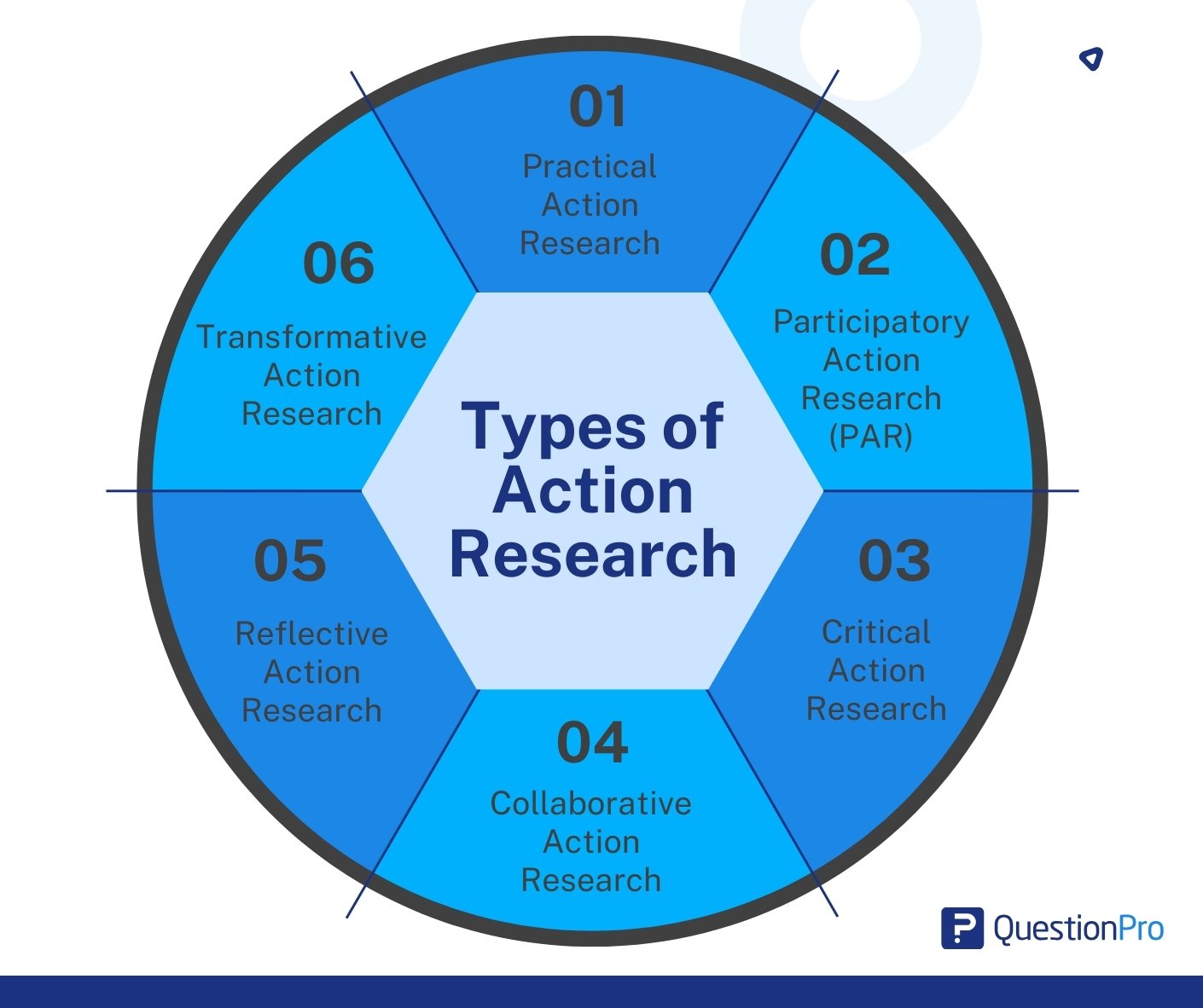
1. Practical Action Research
It focuses on solving specific problems within a local context, often involving teachers or practitioners seeking to improve practices.
2. Participatory Action Research (PAR)
A research process in which people, staff, and activists work together to generate knowledge from a study on an issue that adds value and supports their actions for social change.
3. Critical Action Research
Built to address power and social injustices in light of the Hegemonic Underpinnings, this research facilitates a callback, self-reflection, and thorough societal reformations.
4. Collaborative Action Research
In this form of research, a team of practitioners joins to do project work as part of an overall effort to improve. The work continues into the analysis phase with these same folks across all stages.
5. Reflective Action Research
This kind of research emphasizes individual or group reflection on practices. The key to this model is that it encourages reflective and deliberate practice, thus promoting learning and unfolding within ongoing experiences.
6. Transformative Action Research
This model empowers participants to address issues within their communities related to social justice and transformation.
Each type serves different contexts and goals, contributing to the overall effectiveness of action research.
Stages of Action Research
All research is about learning new things. Collaborative action research contributes knowledge based on investigations in particular and frequently useful circumstances. It starts with identifying a problem. After that, the research process is followed by the below stages:
- Plan
- Act
- Observe
- Reflect
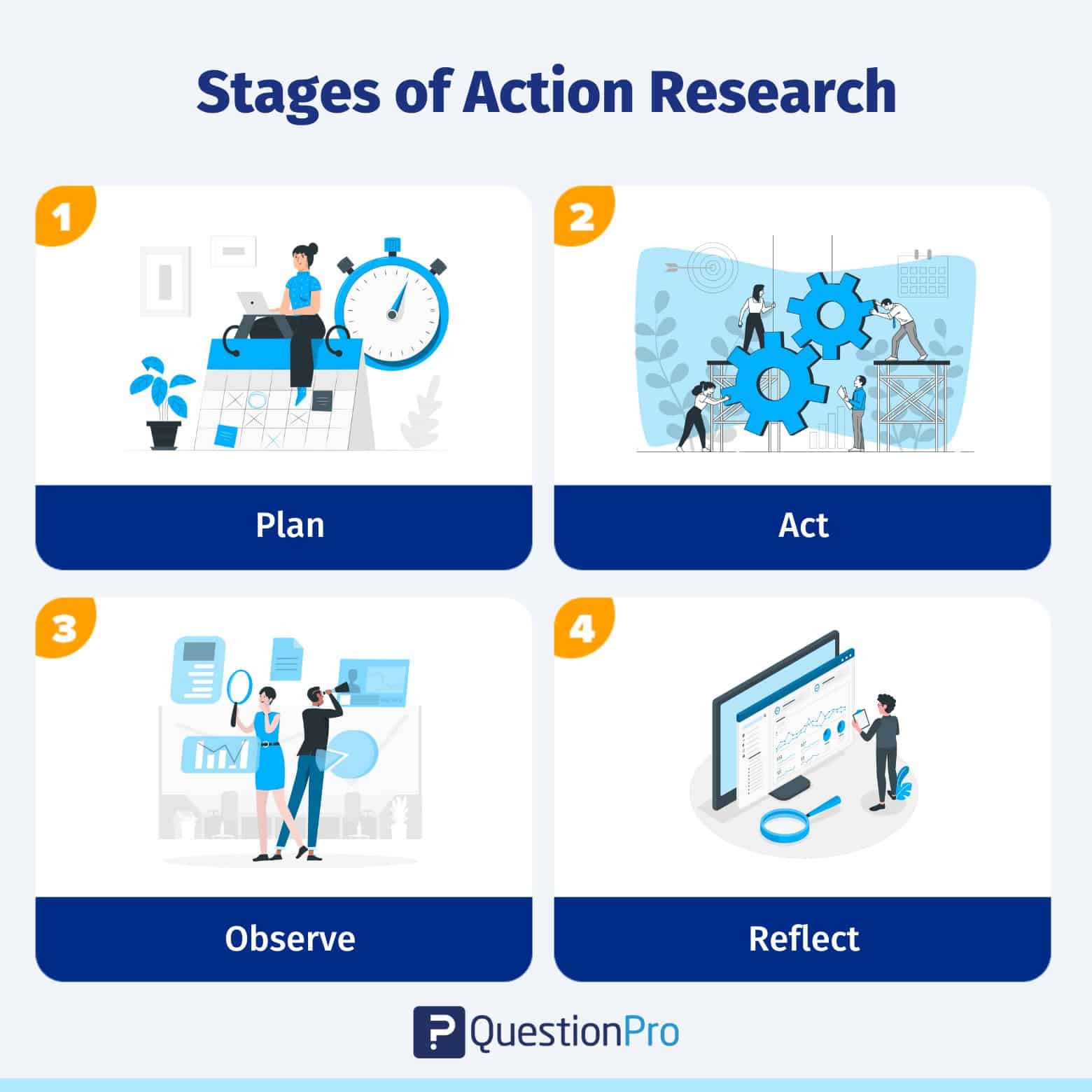
Stage 1: Plan
For an action research project to go well, the researcher needs to plan it well. After coming up with an educational research topic or question after a research study, the first step is to develop an action plan to guide the research process. The research design aims to address the study’s question. The research strategy outlines what to undertake, when, and how.
Stage 2: Act
The next step is implementing the plan and gathering data. At this point, the researcher must select how to collect and organize research data. The researcher also needs to examine all tools and equipment before collecting data to ensure they are relevant, valid, and comprehensive.
Stage 3: Observe
Data observation is vital to any investigation. The action researcher needs to review the project’s goals and expectations before data observation. This is the final step before drawing conclusions and taking action.
Different kinds of graphs, charts, and networks can be used to represent the data. It assists in making judgments or progressing to the next stage of observing.
Stage 4: Reflect
This step involves applying a prospective solution and observing the results. It’s essential to see if the possible solution found through research can really solve the problem being studied.
The researcher must explore alternative ideas when the action research project’s solutions fail to solve the problem.
The Steps of Conducting Action Research
Action research is a systematic approach researchers, educators, and practitioners use to identify and address problems or challenges within a specific context. It involves a cyclical process of planning, implementing, reflecting, and adjusting actions based on the data collected. Here are the general steps involved in conducting an action research process:
Identify the action research question or problem
1. Identify The Action Research Question or Problem
Clearly define the issue or problem you want to address through your research. It should be specific, actionable, and relevant to your working context.
2. Review Existing Knowledge
Conduct a literature review to understand what research has already been done on the topic. This will help you gain insights, identify gaps, and inform your research design.
3. Plan The Research
Develop a research plan outlining your study’s objectives, methods, data collection tools, and timeline. Determine the scope of your research and the participants or stakeholders involved.
4. Collect Data
Implement your research plan by collecting relevant data. This can involve various methods such as surveys, interviews, observations, document analysis, or focus groups. Ensure that your data collection methods align with your research objectives and allow you to gather the necessary information.
5. Analyze The Data
Once you have collected the data, analyze it using appropriate qualitative or quantitative techniques. Look for patterns, themes, or trends in the data that can help you understand the problem better.
6. Reflect on The Findings
Reflect on the analyzed data and interpret the results in the context of your research question. Consider the implications and possible solutions that emerge from the data analysis. This reflection phase is crucial for generating insights and understanding the underlying factors contributing to the problem.
7. Develop an Action Plan
Based on your analysis and reflection, develop an action plan that outlines the steps you will take to address the identified problem. The plan should be specific, measurable, achievable, relevant, and time-bound (SMART goals). Consider involving relevant stakeholders in planning to ensure their buy-in and support.
8. Implement The Action Plan
Put your action plan into practice by implementing the identified strategies or interventions. This may involve making changes to existing practices, introducing new approaches, or testing alternative solutions. Document the implementation process and any modifications made along the way.
9. Evaluate and Monitor Progress
Continuously monitor and evaluate the impact of your actions. Collect additional data, assess the effectiveness of the interventions, and measure progress towards your goals. This evaluation will help you determine if your actions have the desired effects and inform any necessary adjustments.
10. Reflect and Iterate
Reflect on the outcomes of your actions and the evaluation results. Consider what worked well, what did not, and why. Use this information to refine your approach, make necessary adjustments, and plan for the next cycle of action research if needed.
Remember that participatory action research is an iterative process, and multiple cycles may be required to achieve significant improvements or solutions to the identified problem. Each cycle builds on the insights gained from the previous one, fostering continuous learning and improvement.
Explore Insightfully Contextual Inquiry in Qualitative Research
Examples of Action Research
Here are two real-life examples of action research.
Example-1
Action research initiatives are frequently situation-specific. Still, other researchers can adapt the techniques. The example is from a researcher’s (Franklin, 1994) report about a project encouraging nature tourism in the Caribbean.
In 1991, this was launched to study how nature tourism may be implemented on the four Windward Islands in the Caribbean: St. Lucia, Grenada, Dominica, and St. Vincent.
For environmental protection, a government-led action study determined that the consultation process needs to involve numerous stakeholders, including commercial enterprises.
First, two researchers undertook the study and held search conferences on each island. The search conferences resulted in suggestions and action plans for local community nature tourism sub-projects.
Several islands formed advisory groups and launched national awareness and community projects. Regional project meetings were held to discuss experiences, self-evaluations, and strategies. Creating a documentary about a local initiative helped build community. And the study was a success, leading to a number of changes in the area.
Example-2
Lau and Hayward (1997) employed action research to analyze Internet-based collaborative work groups.
Over two years, the researchers facilitated three action research problem-solving cycles with 15 teachers, project personnel, and 25 health practitioners from diverse areas. The goal was to see how Internet-based communications might affect their virtual workgroup.
First, expectations were defined, technology was provided, and a bespoke workgroup system was developed. Participants suggested shorter, more dispersed training sessions with project-specific instructions.
The second phase saw the system’s complete deployment. The final cycle witnessed system stability and virtual group formation. The key lesson was that the learning curve was poorly misjudged, with frustrations only marginally met by phone-based technical help. According to the researchers, the absence of high-quality online material about community healthcare was harmful.
Role clarity, connection building, knowledge sharing, resource assistance, and experiential learning are vital for virtual group growth. More study is required on how group support systems might assist groups in engaging with their external environment and boost group members’ learning.
Advantages and Disadvantages of Action Research
Action research has both good and bad points.
Advantages
- It is very flexible, so researchers can change their analyses to fit their needs and make individual changes.
- It offers a quick and easy way to solve problems that have been going on for a long time instead of complicated, long-term solutions based on complex facts.
- If It is done right, it can be very powerful because it can lead to social change and give people the tools to make that change in ways that are important to their communities.
Disadvantages
- These studies have a hard time being generalized and are hard to repeat because they are so flexible. Because the researcher has the power to draw conclusions, they are often not thought to be theoretically sound.
- Setting up an action study in an ethical way can be hard. People may feel like they have to take part or take part in a certain way.
- It is prone to research errors like selection bias, social desirability bias, and other cognitive biases.
Why QuestionPro Research Suite is Great for Action Research?
QuestionPro Research Suite is an ideal choice for action research, which typically involves multiple rounds of data collection, analysis, and intervention cycles. This is one reason it might be great for that:
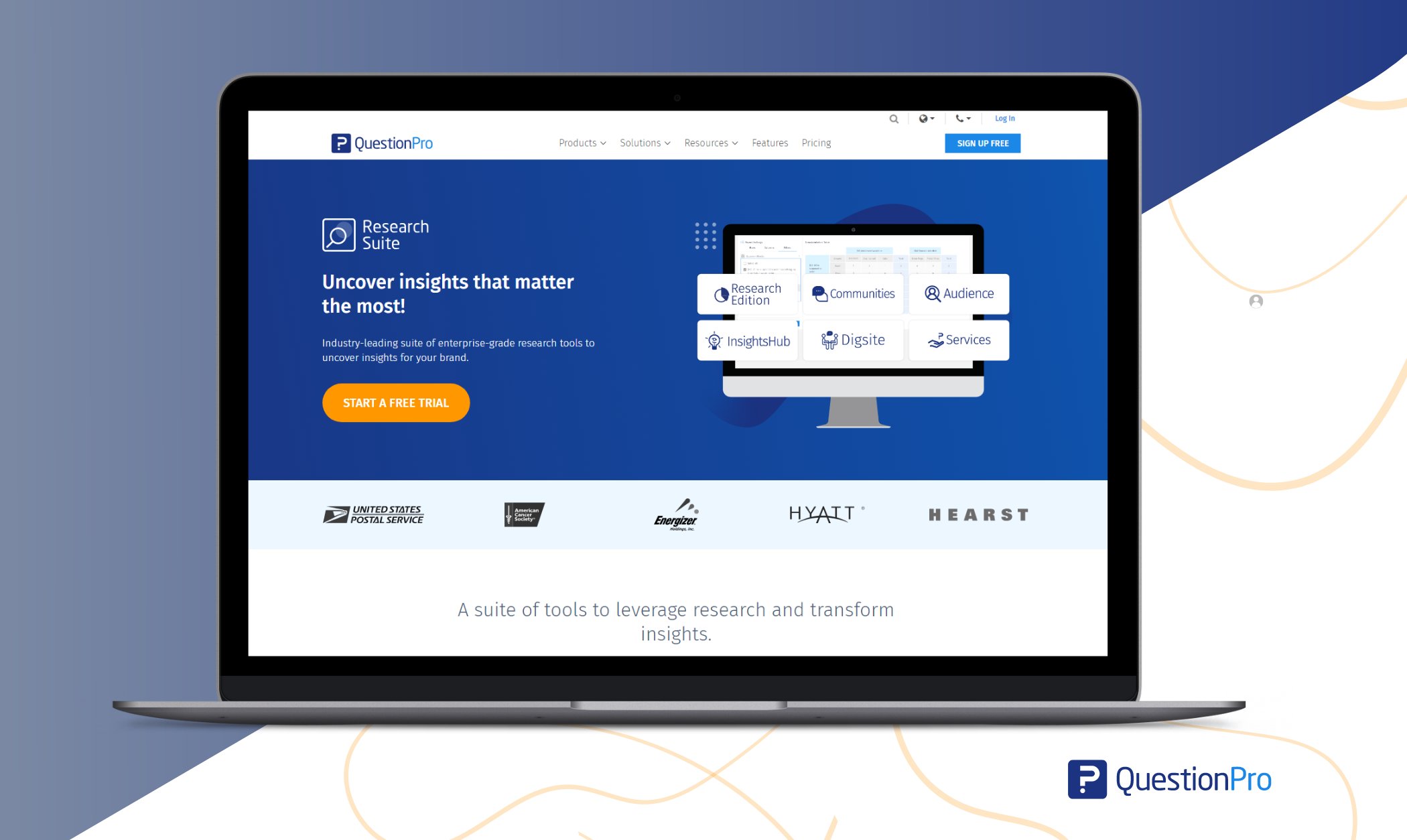
01. Data Collection
QuestionPro offers flexible and adaptable methods for data dissemination. You can collect and store crucial business data from secure, personalized questionnaires, and distribute them through emails, SMSs, or even popular social media platforms and mobile apps.
This adaptability is particularly useful for action research, which often requires a variety of data collection techniques.
02. Advanced Analysis Tools
- Efficient Data Analysis: Built-in tools simplify both quantitative and qualitative analysis.
- Powerful Segmentation: Cross-tabulation lets you compare and track changes across cycles.
- Reliable Insights: This robust toolset enhances confidence in research outcomes.
03. Collaboration and Real-Time Reporting
Multiple researchers can collaborate within the platform, sharing permissions and changes in real-time while creating reports. Asynchronous collaboration: Conversation threads and comments can be in one place, ensuring all team members stay updated and are aligned with stakeholders throughout each action research phase.
04. User-Friendly Interface
At the user level, what kind of data visualization charts/graphs, tables, etc., should be provided to visualize the complex findings most often done through these)? Across all solutions, we need fully customizable dashboards to offer perfect vision to different people so they can make decisions and take action based on this data.
05. Automation and Integration Capabilities
- Workflow Automation: Enables recurring surveys or updates to run seamlessly.
- Time Savings: Frees up time in long-term research projects.
- Integrations: Connects with popular CRMs and other applications.
- Simplified Data Addition: This makes incorporating data from external sources easy.
These features make QuestionPro Research Suite a powerful tool for action research. It makes it easy to manage data, conduct analyses, and drive actionable insights through iterative research cycles.
Conclusion
Action research is a dynamic and participatory approach that empowers individuals and communities to address real-world challenges through systematic inquiry and reflection.
The methods used in action research help gather valuable insights and foster continuous improvement, leading to meaningful change across various fields. By promoting iterative cycles, action research generates knowledge and encourages a culture of learning and adaptation, making it a crucial tool for driving transformation.
At QuestionPro, we give researchers tools for collecting data, like our survey software, and a library of insights for any long-term study. Go to the Research Suite if you want to see a demo or learn more about it.
Frequently Asked Questions(FAQ’s)
Action research is a systematic approach to inquiry that involves identifying a problem or challenge in a practical context, implementing interventions or changes, collecting and analyzing data, and using the findings to inform decision-making and drive positive change.
Action research can be conducted by various individuals or groups, including teachers, administrators, researchers, and educational practitioners. It is often carried out by those directly involved in the educational setting where the research takes place.
The steps of action research typically include identifying a problem, reviewing relevant literature, designing interventions or changes, collecting and analyzing data, reflecting on findings, and implementing improvements based on the results.






